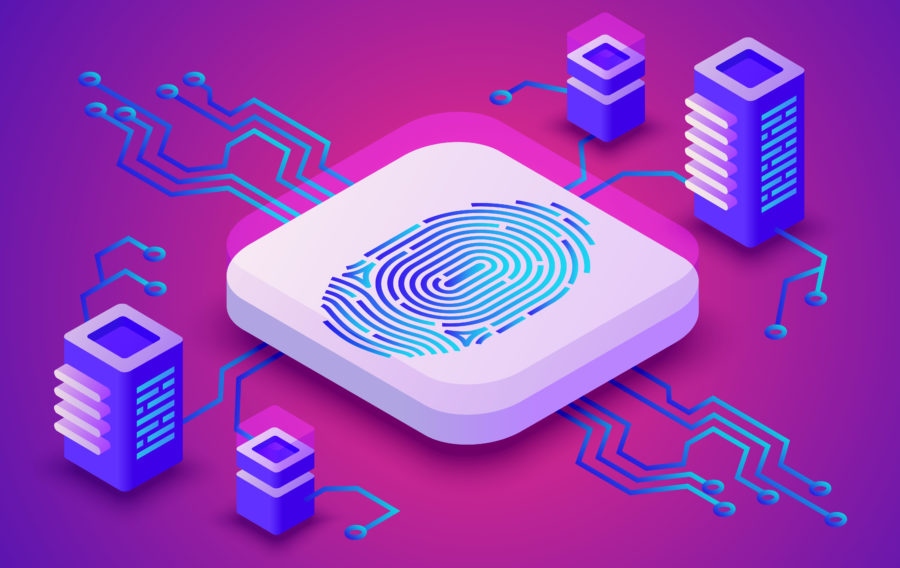
The Red Cross and other aid charities have teamed up with a blockchain company to improve humanitarian aid.
Humanitarian aid organisations the Red Cross, the Rohingya Project, DECODES, iRespond, and Tykn have been awarded contracts with blockchain startup Evermyn to provide displaced people with an official identity. Self-Sovereign Identity, or SSI, allows people and organisations to secure and control their identities separate from outside involvement.
The service could prove invaluable to people who are disenfranchised, often a lack of verifiable identity prevents refugees and the displaced from securing homes and jobs. The data cannot be altered except by the person who created it or legally approved guardians.
It is estimated that around 1 billion people in the world lack an official identity, making it difficult to participate in government or access public services. By collaborating with Evermyn, aid organisations can provide a cheap and secure service to those they help.
The information remains secure as the blockchain does not store any sensitive information, rather it records that the information has been verified. The actual data is stored by the user through cryptographic keys.
It is hoped that awarding access to the technology will allow charities to develop their own secure identity systems. Refugee organisation the Rohingya Project has used digital identity technology before.
They previously partnered with a Swiss digital identity platform. At the time Mohammad Noor, co-founder of the Rohingya Project, said: “Being a Rohingya myself, I know what it means to belong to a stateless population first-hand.”
“For our people, a secure digital identity isn’t just something nice to have – it’s an urgent necessity.”
Evernym is hoping to bring more blockchain technologies to humanitarian organisations through its Identity for Good initiative. The programme comes in collaboration with the World Economic Forum.
If you would like to join our community and read more articles like this then please click here.
Blockchain charity cyber security humanitarian Humanitarian Aid Innovation refugee








